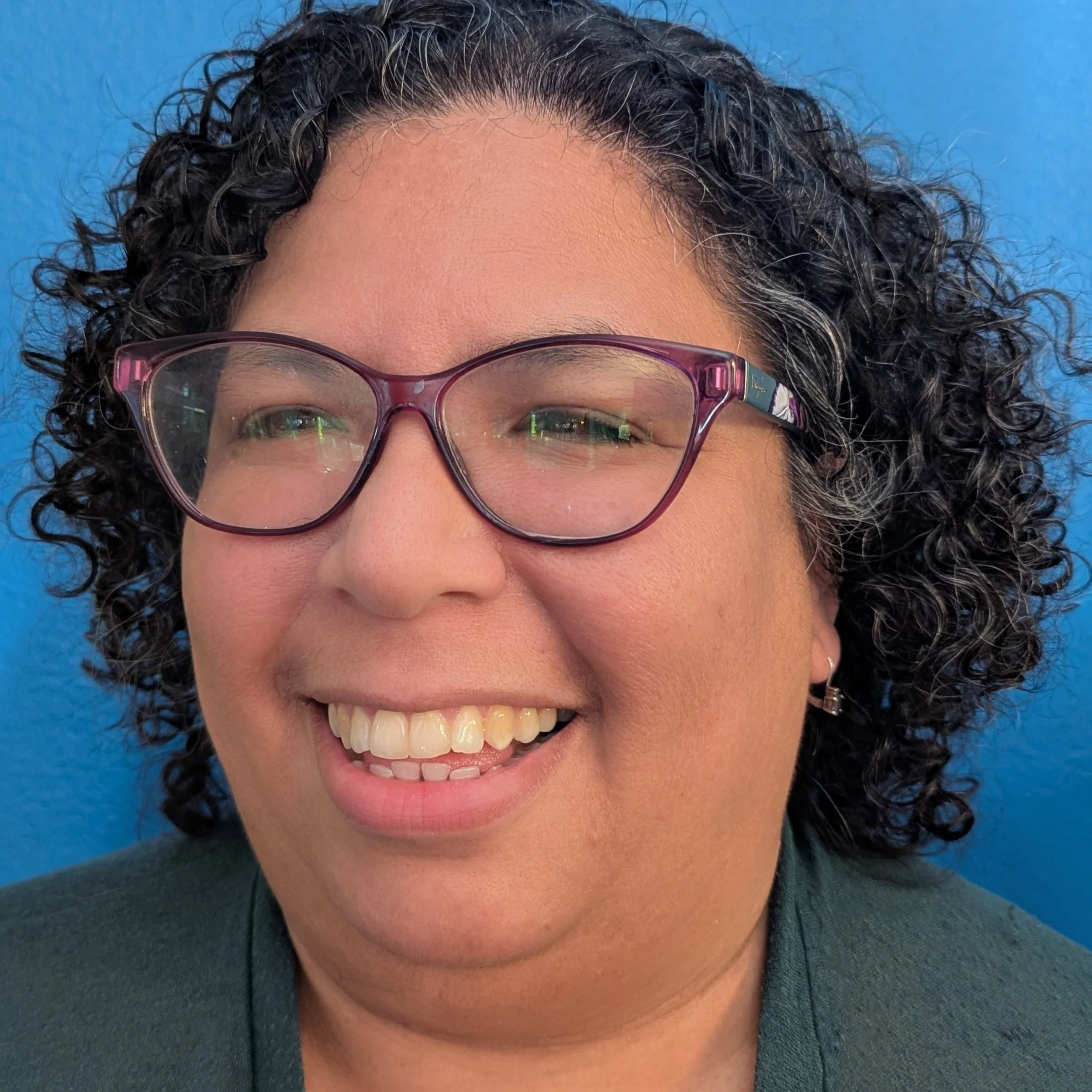Workshop | Tortoise Teaching: Building a Trauma Informed Human Services Training Plan
Staff have varying levels of knowledge, ease, and experience in the practical application of trauma informed principles to co-create a culture of welcome and inclusion. This can lead to disproportionate retraumatization for colleagues and community members we serve with marginalized and/or intersecting identities.
This workshop will cover building trauma informed human services training plan tools that deepen knowledge and provide opportunities for practice around emotional (dys)regulation in oneself and others including the vulnerable community members they serve through:
Elevating and centering the voices and lived experiences of workers and community members we serve, especially those from marginalized communities, in the design and implementation of trauma informed training.
Integration of neuroscience, ancestral and cultural wisdom, and collective care in recovery and healing efforts that workers can take into their interactions as self and co-regulators with the vulnerable community members we serve as well as with those we work with.
Embracing a “Tortoise Teaching” approach rooted in slow and steady progress with intentional reflection. Change is ever present in human services and necessitates adaptability to address new challenges while also revisiting ongoing training projects.
Handout(s):
Lesley Delapaz
Trauma Informed Care Coordinator for Multnomah County Department of County Human Services
She/Her/Ella
Lesley Delapaz is the Trauma Informed Care Coordinator for the Department of County Human Services (DCHS). Lesley focuses on crafting culturally appropriate resources, tools, and training and bringing a trauma informed lens to DCHS policy efforts. She employs various strategies to engage audiences with different accessibility needs, including creating quarterly newsletters with written, video, and audio content and maintaining the DCHS Trauma Informed Practices commons site. When she’s not presenting, training, or thought partnering, she’s parenting two teens, knitting, or participating in collective care activities.

